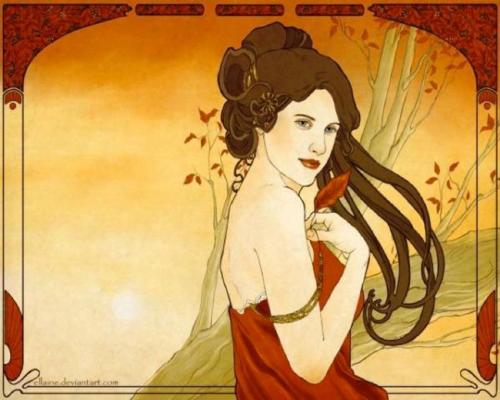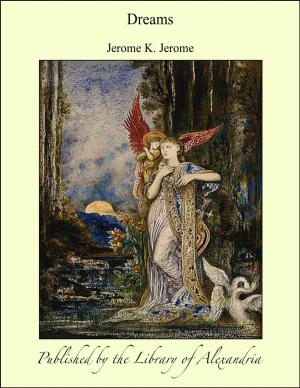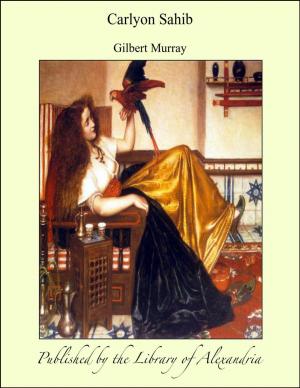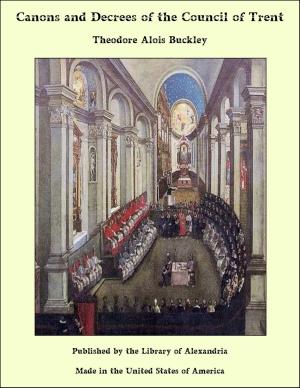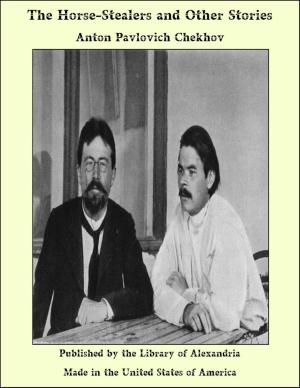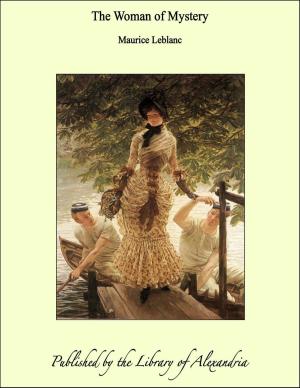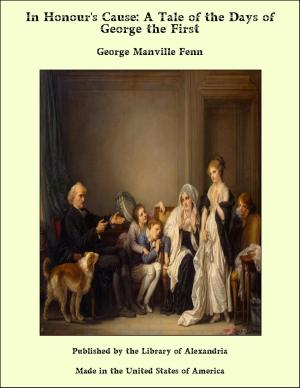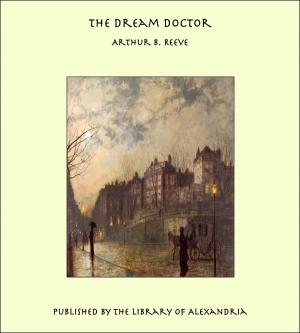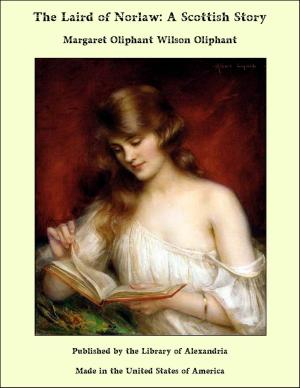By Pike and Dyke: a Tale of The Rise of The Dutch Republic
Nonfiction, Religion & Spirituality, New Age, History, Fiction & Literature| Author: | G. A. (George Alfred) Henty | ISBN: | 9781613107362 |
| Publisher: | Library of Alexandria | Publication: | March 8, 2015 |
| Imprint: | Language: | English |
| Author: | G. A. (George Alfred) Henty |
| ISBN: | 9781613107362 |
| Publisher: | Library of Alexandria |
| Publication: | March 8, 2015 |
| Imprint: | |
| Language: | English |
In all the pages of history there is no record of a struggle so unequal, so obstinately maintained, and so long contested as that by which the men of Holland and Zeeland won their right to worship God in their own way, and also — although this was but a secondary consideration with them — shook off the yoke of Spain and achieved their independence. The incidents of the contest were of a singularly dramatic character. Upon one side was the greatest power of the time, set in motion by a ruthless bigot, who was determined either to force his religion upon the people of the Netherlands, or to utterly exterminate them. Upon the Other were a scanty people, fishermen, sailors, and agriculturalists, broken up into communities with but little bond of sympathy, and no communication, standing only on the defensive, and relying solely upon the justice of their cause, their own stout hearts, their noble prince, and their one ally, the ocean. Cruelty, persecution, and massacre had converted this race of peace loving workers into heroes capable of the most sublime self sacrifices. Women and children were imbued with a spirit equal to that of the men, fought as stoutly on the walls, and died as uncomplainingly from famine in the beleaguered towns. The struggle was such a long one that I have found it impossible to recount all the leading events in the space of a single volume; and, moreover, before the close, my hero, who began as a lad, would have grown into middle age, and it is an established canon in books for boys that the hero must himself be young. I have therefore terminated the story at the murder of William of Orange, and hope in another volume to continue the history, and to recount the progress of the war, when England, after years of hesitation, threw herself into the fray, and joined Holland in its struggle against the power that overshadowed all Europe, alike by its ambition and its bigotry. There has been no need to consult many authorities. Motley in his great work has exhausted the subject, and for all the historical facts I have relied solely upon him.
In all the pages of history there is no record of a struggle so unequal, so obstinately maintained, and so long contested as that by which the men of Holland and Zeeland won their right to worship God in their own way, and also — although this was but a secondary consideration with them — shook off the yoke of Spain and achieved their independence. The incidents of the contest were of a singularly dramatic character. Upon one side was the greatest power of the time, set in motion by a ruthless bigot, who was determined either to force his religion upon the people of the Netherlands, or to utterly exterminate them. Upon the Other were a scanty people, fishermen, sailors, and agriculturalists, broken up into communities with but little bond of sympathy, and no communication, standing only on the defensive, and relying solely upon the justice of their cause, their own stout hearts, their noble prince, and their one ally, the ocean. Cruelty, persecution, and massacre had converted this race of peace loving workers into heroes capable of the most sublime self sacrifices. Women and children were imbued with a spirit equal to that of the men, fought as stoutly on the walls, and died as uncomplainingly from famine in the beleaguered towns. The struggle was such a long one that I have found it impossible to recount all the leading events in the space of a single volume; and, moreover, before the close, my hero, who began as a lad, would have grown into middle age, and it is an established canon in books for boys that the hero must himself be young. I have therefore terminated the story at the murder of William of Orange, and hope in another volume to continue the history, and to recount the progress of the war, when England, after years of hesitation, threw herself into the fray, and joined Holland in its struggle against the power that overshadowed all Europe, alike by its ambition and its bigotry. There has been no need to consult many authorities. Motley in his great work has exhausted the subject, and for all the historical facts I have relied solely upon him.
